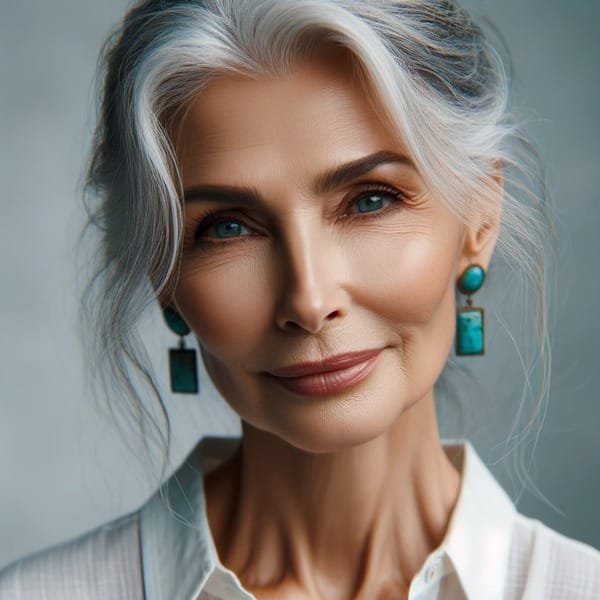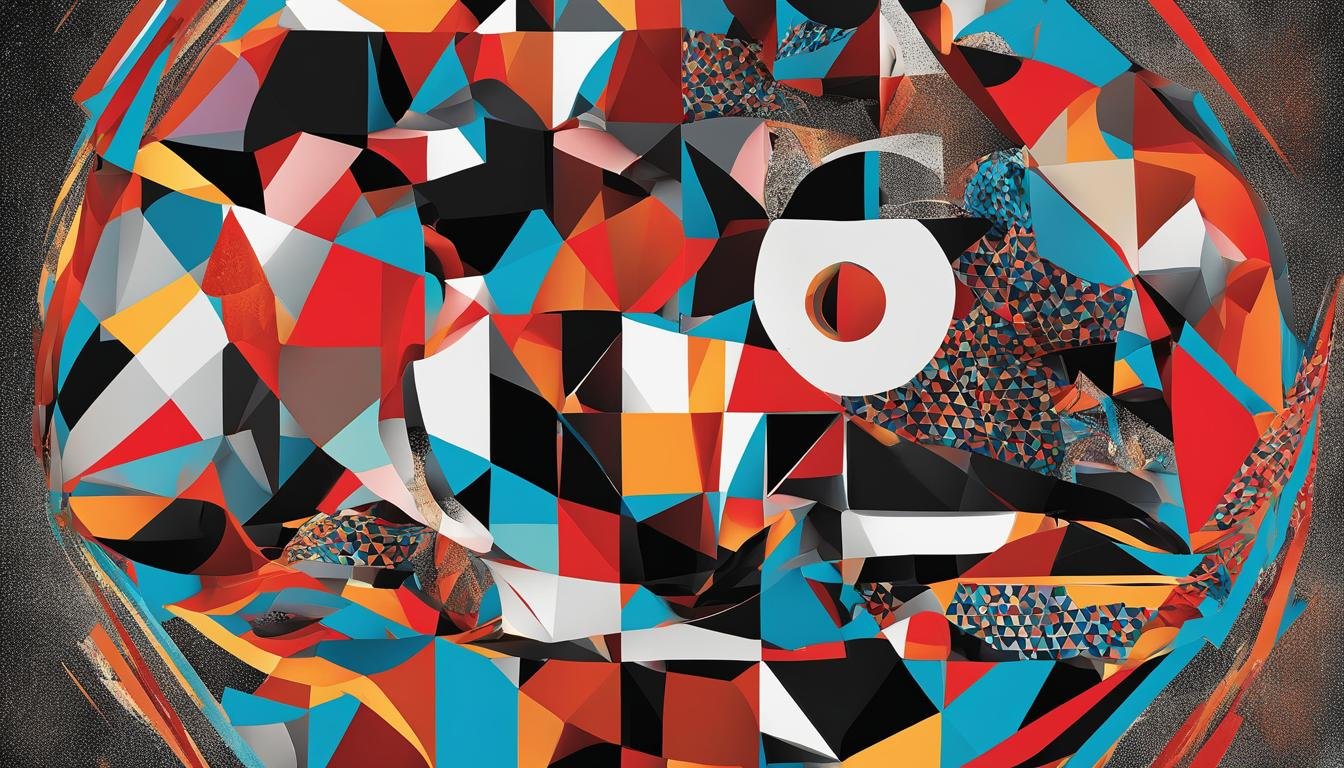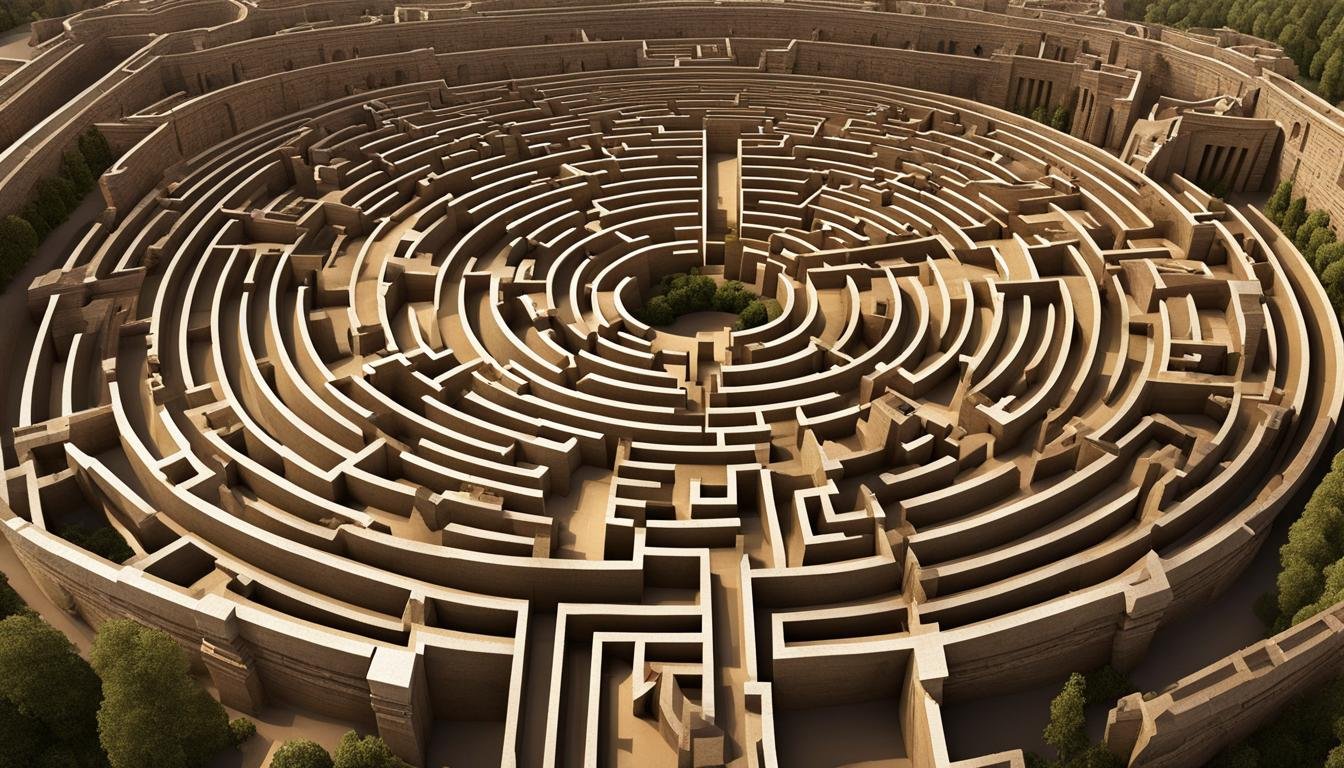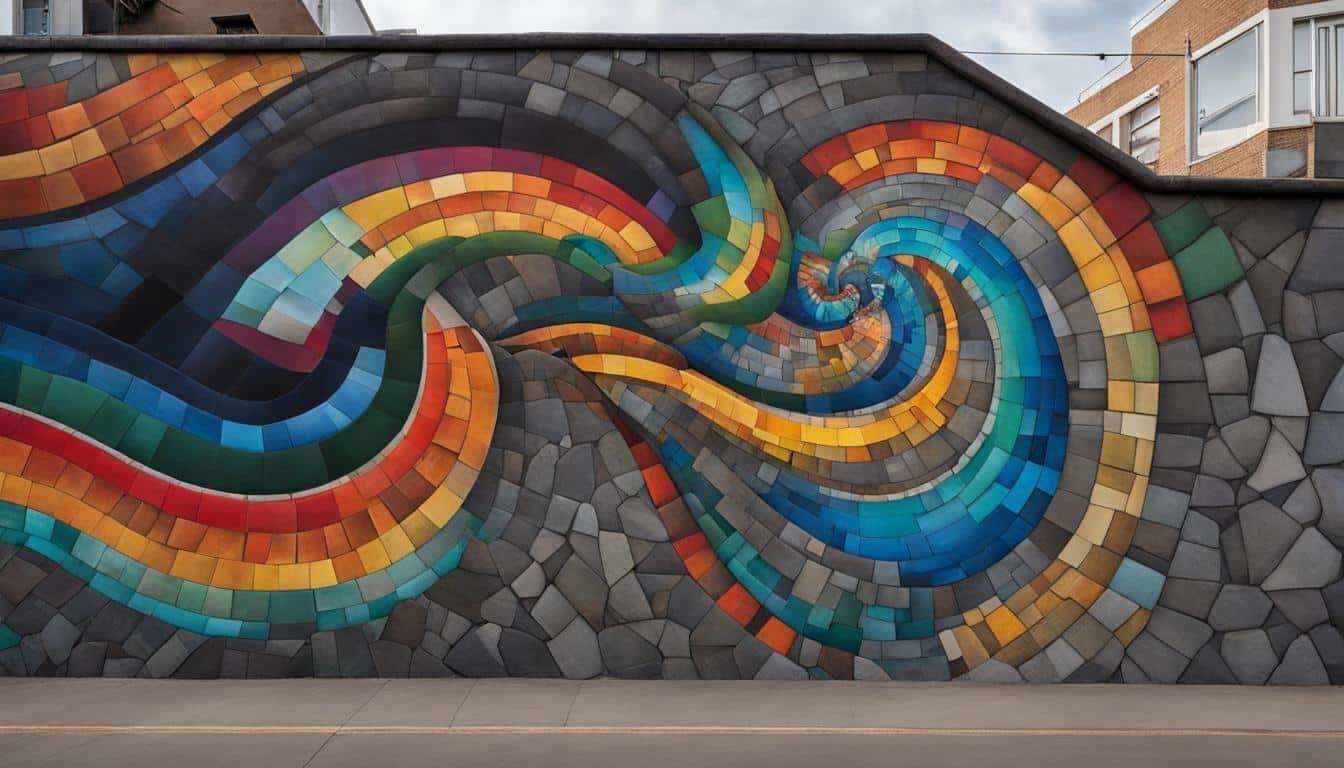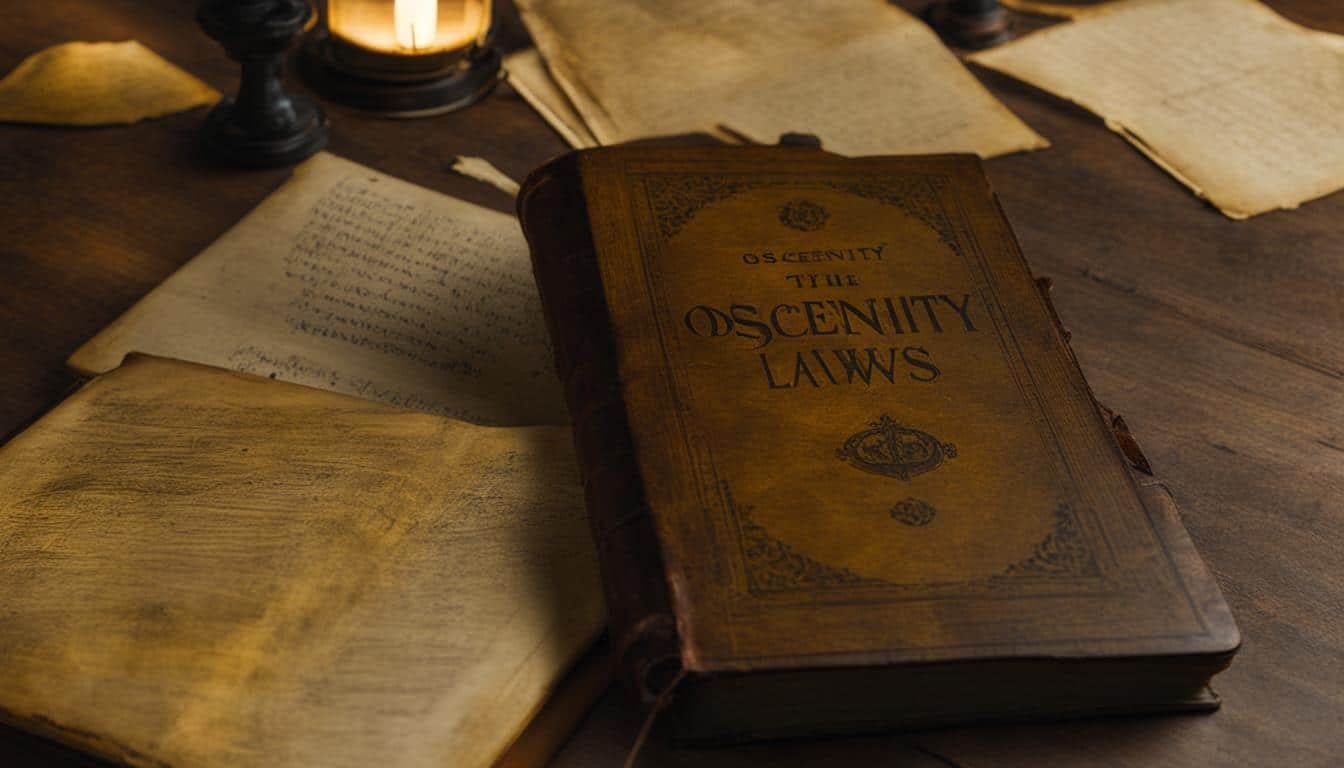When it comes to obscenity laws, different countries have varying degrees of strictness. Cultural norms, government control, and religious beliefs heavily influence the severity of these laws. In this article, we explore some of the countries with the strictest obscenity laws and shed light on the challenges faced by journalists and freedom of speech advocates.
Key Takeaways:
- Eritrea, North Korea, Saudi Arabia, Ethiopia, Azerbaijan, and Vietnam are among the countries with the strictest obscenity laws.
- These countries have state-controlled media and limited access to independent news sources.
- Journalists and independent publishers in these countries often face arrests, intimidation, and restrictions on freedom of speech.
- The United States, the United Kingdom, and Canada also have their own laws and criteria for defining obscenity.
- Attitudes towards obscenity vary globally, with some countries having more liberal laws than others.
Obscenity Laws in Eritrea, North Korea, and Saudi Arabia
In Eritrea, the government tightly controls media outlets, limiting the dissemination of news to only state-owned sources. Independent journalists face the constant threat of arrest and imprisonment for any critical reporting. Access to the internet is also severely restricted, with less than 1% of the population having online connectivity.[1]
Similarly, North Korea maintains strict control over all media channels, allowing only state-controlled outlets to operate. Independent news sources are heavily restricted, and possessing foreign media content can lead to severe punishment. The government has different criteria for controlling videos compared to films shown in cinemas.[2]
In Saudi Arabia, the government has intensified its legal repression, particularly after the Arab Spring. Anti-terrorism laws have been enacted to restrict freedom of expression, and online and YouTube content is closely monitored for adherence to government guidelines. Media outlets in member states of the Gulf Cooperation Council are also prevented from criticizing the leadership of other member states.[3]
| Country | Media Control | Internet Access | Key Points |
|---|---|---|---|
| Eritrea | State-controlled | Extremely limited ( | – Independent journalists face arrest and imprisonment. – Strict control over news dissemination. |
| North Korea | State-controlled | Highly restricted | – Possessing foreign media content is punishable. – Different criteria for video and cinema control. |
| Saudi Arabia | Government monitoring | Restricted | – Anti-terrorism laws restrict freedom of expression. – Online content closely monitored for adherence to guidelines. |
References:
[1] Source 1
[2] Source 2
[3] Source 3
Obscenity Laws in Ethiopia, Azerbaijan, and Vietnam
In Ethiopia, the government has implemented strict obscenity laws and cracked down on independent publications and journalists. Lawsuits, arrests, and intimidation tactics are used to suppress critical reporting. Furthermore, independent broadcasters are virtually non-existent, and the state-controlled telecommunications company frequently suspends critical news websites. This environment of repression severely limits freedom of expression and restricts access to diverse sources of information.
Azerbaijan also has stringent obscenity laws and limited media freedom. The main sources of information in the country are state-controlled broadcasters, which prioritize government propaganda over objective reporting. Critical print outlets face harassment and bans on foreign funding, further stifling independent journalism. Online speech is subject to self-censorship due to criminal defamation laws, leading to a climate of fear and restricted freedom of expression in Azerbaijan.
In Vietnam, bloggers who write about sensitive issues face harassment, arbitrary detentions, and lengthy prison terms. The government closely monitors online content, restricts online speech, and arbitrarily blocks news and social media websites. This censorship and repression hinder the free flow of information and curtail freedom of expression in the country.
Comparative Table: Obscenity Laws in Ethiopia, Azerbaijan, and Vietnam
| Country | Media Freedom | Online Speech |
|---|---|---|
| Ethiopia | Restricted. Crackdown on independent publications and journalists. | Limited. State-controlled telecommunications company suspends critical news websites. |
| Azerbaijan | Limited. Main sources of information are state-controlled broadcasters. | Restricted. Self-censorship due to criminal defamation laws. |
| Vietnam | Restricted. Harassment and arrests of bloggers who write about sensitive issues. | Heavily monitored and restricted. Arbitrary blocking of news and social media websites. |
Global Perspectives on Obscenity Laws
Obscenity laws and attitudes towards obscenity vary across different countries and cultures. In the United States, freedom of speech is protected under the constitution, but the definition of obscenity is not absolute and can vary by region. The Miller test is used to determine whether speech or expression can be labeled obscene, but there is no uniform national standard.
Across the pond in the United Kingdom, the criteria for what is considered obscene are determined by the Obscene Publications Acts. The focus is on protecting literature and distinguishing between obscenity and legitimate art. Meanwhile, in Canada, the criminal code provides a broad definition of obscenity, covering various forms of media that exploit sex or combine it with crime, horror, cruelty, or violence.
In Asia, attitudes towards obscenity differ greatly among countries. Some have more liberal laws, while others impose stricter regulations. It’s important to note that cultural norms play a significant role in shaping these laws and attitudes. What is considered obscene in one country may be acceptable or even celebrated in another.
Source Links
- https://cpj.org/2015/04/10-most-censored-countries/
- https://www.ojp.gov/ncjrs/virtual-library/abstracts/testing-obscenity-international-comparison-laws-and-controls
- https://www.newworldencyclopedia.org/entry/Obscenity
